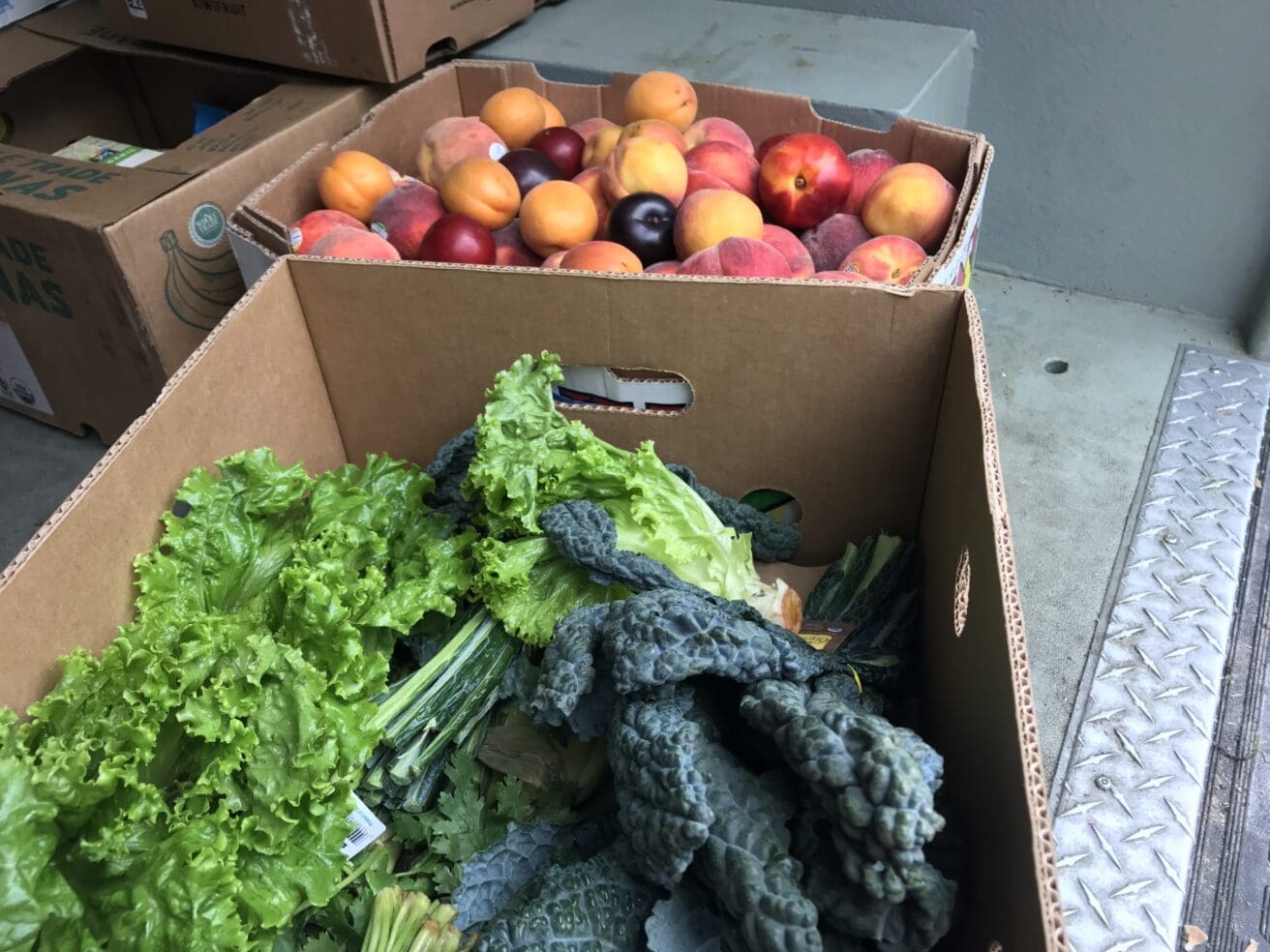In the Driver's Seat: Abby Hurd

Systemic injustices in the U.S. have been a part of the public conversation for the better part of 2020. While these disparities and inequalities have been a reality for over 400 years, the coronavirus pandemic and the most recent examples of police brutality have brought them to the forefront of mainstream public consciousness in the past months.
In Lovin’ Spoonfuls’ line of work, there is a call for systemic change as it relates to food access. As a food rescue organization, our responsibility is not only to reduce food waste and redistribute it to those who need it, but also to use our capacity to address the root causes of this lack of access to food. The U.S. simply can’t continue to treat food insecurity as a problem solved by corporate donations to food banks, while the people relying on food banks and other hunger-relief organizations are still making poverty-level wages.
Among the things that give me hope as I am on the road picking up and distributing food, are the beneficiary organizations that we partner with, and the work that they do, towards not only providing vital services in their communities but also towards empowering those communities and being a force in the social movement towards greater equality.
As a Food Rescue Coordinator, the highlights of many of my days are being a small part of the work that these organizations are doing, and getting a small window into their operations and their communities. It’s inspiring to see the collective action that goes on, and the influence of strong community leadership.
I see it at Boston Temple Church, where there is always an assembly line of volunteers, some rolling up on their bikes when I arrive and being greeted by smiles and elbow bumps. They energetically pass the 1,500-2,000 pounds’ worth of food in banana boxes that I hand down from the truck into the building and onto tables to be sorted. There is laughter and banter coming from inside as they slide the boxes down the tables to the next person in the chain. There is always time for conversation afterwards, and they discuss their current efforts to respond to people’s needs during the pandemic, as well as their plans for the future.
Following the afternoon food pantry, some of them will get in rented Smart Cars and go make food deliveries to those in the community who can’t safely come to the pantry. Meanwhile, they have plans in the works to get their clothing donation program up and running again, as well as to make the needed renovations to their building to provide basic medical care for their community. While the work ahead is daunting, the energy, compassion, and community input and involvement that the volunteers at Boston Temple Church approach it with is a force.

Being able to supply much of the food that organizations like these need to keep moving forward is crucial, and I hope that we can continue to evolve to use our capacity to address systemic challenges to food security.
Abby Hurd is a Food Rescue Coordinator at Lovin’ Spoonfuls. She works with vendor and non-profit partners in the Boston area.